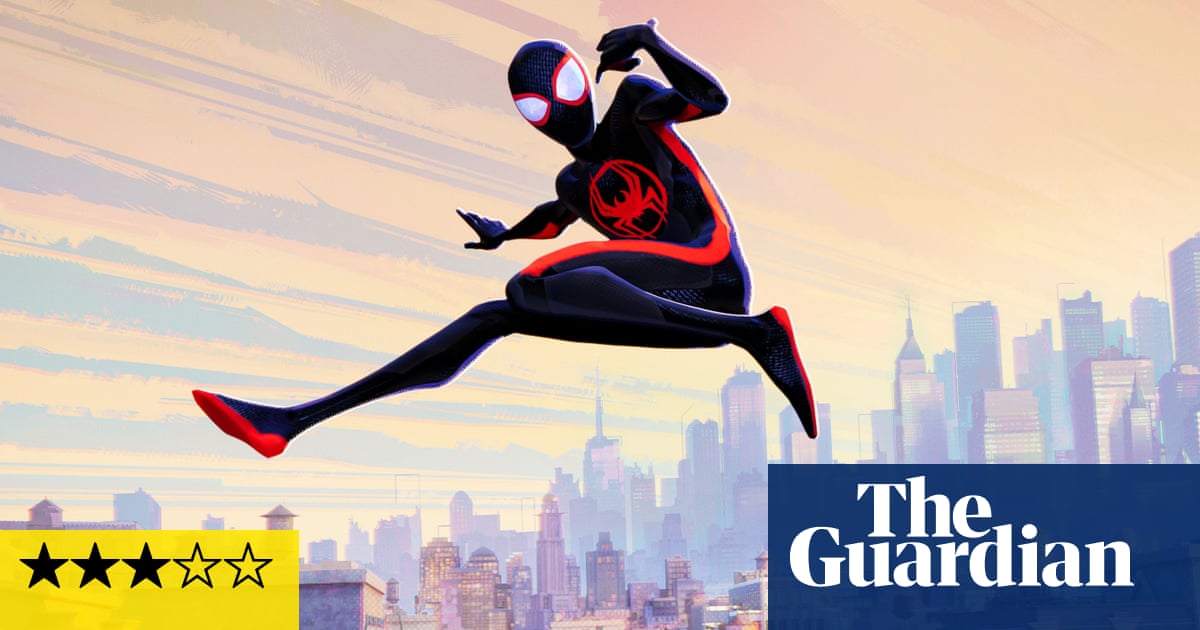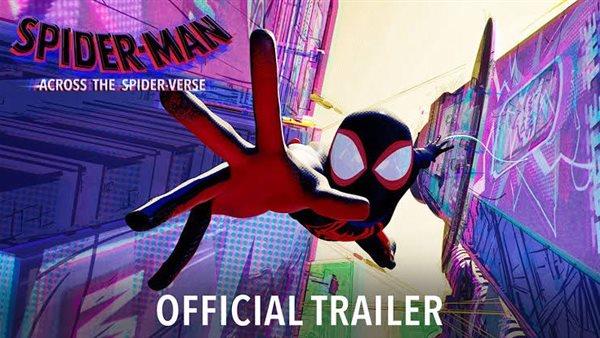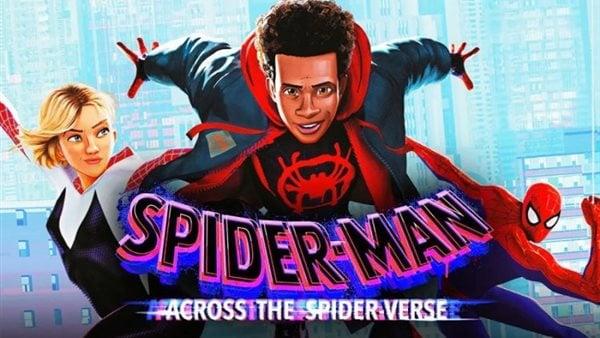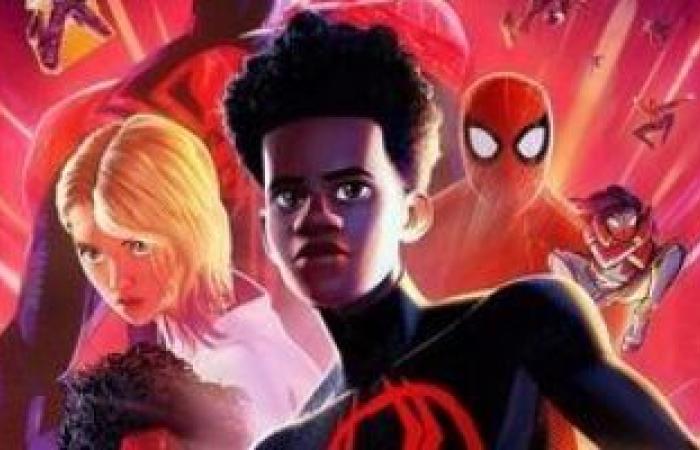
In 2018, writers Phil Lord and Rodney Rothman gave us a delirious and utterly unexpected new web-spin on the infinite self-replication of Marvel Comics IP and its most reliable hero, Spider-Man. Instead of yet another MCU live action version, directed and produced in that hard, depthless CGI light, Spider-Man: Into the Spider-Verse was a brilliantly inventive animated fantasia about the Spidey mythology, riffing on movies and comic books. The Spider-Verse was a cosmos in which different Spider-folk existed in parallel: a multiverse at least as interesting as that of Dr Strange, and more interesting than the solemn awards-prestige of Everything Everywhere All at Once. Everyone who saw it wondered how this kaleidoscopic new take could be applied elsewhere: James Bond: Across the James-Bond-Verse or Bilbo Baggins: Beyond the Bilbo-Baggins-Verse.
Now we have a sequel subtitled Across the Spider-Verse – could it be that they wanted a certain Beatles track and Apple wouldn’t let them? – with a threequel (Beyond the Spider-Verse) in the pipeline. This second instalment features a plethora of Spideys and the result is as crazily frantic and eyeball-frazzling as ever, but with something exhausting about it now. Its funny jokes – including a gag about the “Spider-Men pointing at each other” meme – and poignant touches get obscured in the endless maelstrom. But there’s no doubting the full-tilt energy, the pure blizzard of narrative data and the twists and turns that it would be unsporting to reveal.
Miles Morales (voiced by Shameik Moore) is a Spider-Man whose parents are naturally exasperated by his unreliability; Gwen Stacy (Hailee Steinfeld) is a super arachnid in her own universe and, like Miles, has a parent in law enforcement. (This is her dad, although it isn’t immediately clear why her gender-flipped status doesn’t entitle her to a cop mom.) There’s also a Spider-Man India (Karan Soni) and a grown-up Peter Parker (Jake Johnson). Miles is threatened by an enemy connected to his original calamitous spider bite and an existential crisis looms.
These Spider-Man movies supercharge and hyperamplify the existing potent teen metaphor of identity in Stan Lee’s great creation. Peter Parker was unable to “come out” as Spider-Man to his parents or his friends; his Spidey-ness was a core part of his bodily being, a superpower and yet a burden, introduced into his bloodstream from that spider bite. Now this secret is upgraded to a cosmic range of possibilities; to be Spider-Man is no longer to be alone, rather, it is to be part of a global range of Spider-people who are different. Viewers have been invited to identify with Spider-Man since the first adaptations of the comic book in the 60s, and are now given a choice of how to identify. It’s dynamic and intriguing, though the detail and the emotion can get lost in the splurge.
Spider-Man: Across the Spider-Verse is released on 1 June in Australia, and 2 June in the US and UK.











